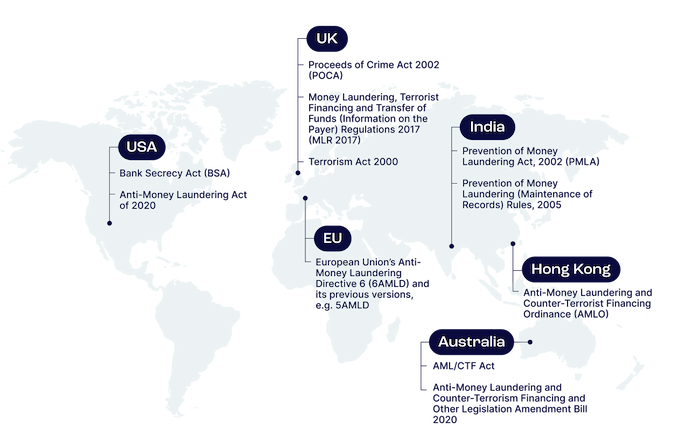
Major Gambling Regulation Updates Worldwide
As technology continues to advance at a rapid pace, so too do the regulations surrounding the gambling industry. With the rise of online gambling platforms and mobile betting apps, governments around the world are constantly updating and revising their laws to keep pace with the ever-changing landscape of the industry. In this article, we will take a closer look at some of the major gambling regulation updates happening worldwide and how they are impacting both players and operators.
United States:
The United States has seen a significant shift in gambling regulation in recent years, particularly with the legalization of online sports betting in several states. The Supreme Court decision in 2018 to overturn the Professional and Amateur Sports Protection Act (PASPA) opened the door for states to legalize sports betting, and since then, a number of states have done just that. As of now, more than two dozen states have legalized some form of sports betting, with more expected to follow in the coming years.
United Kingdom:
In the United Kingdom, the Gambling Commission plays a key role in regulating the industry and ensuring that operators adhere to strict rules and guidelines. In recent years, the UK government has taken steps to tighten regulations surrounding online gambling, including implementing stricter age verification processes and limiting the use of credit cards for betting. These changes are aimed at protecting vulnerable players and promoting responsible gambling practices.
Australia:
Australia is another country that has seen significant changes to its gambling regulations in recent years. In 2017, the government passed the Interactive Gambling Amendment Bill, which effectively banned online poker and in-play betting. This move was controversial and sparked debate among lawmakers and industry stakeholders, but the government stood firm in its decision to restrict certain forms of online gambling.
European Union:
The European Union has also been active in updating its gambling regulations to address the growing popularity of online gambling platforms. The EU’s Digital Single Market strategy aims to create a more unified regulatory framework for online gambling across member states, while also promoting competition and consumer protection. As a result, operators are facing increased scrutiny and must adhere to strict regulations to operate legally within the EU.
Impact on Players and Operators:
These major gambling regulation updates have had a significant impact on both players and operators in the industry. For players, stricter regulations mean greater protection and transparency when gambling online, as well as more responsible gambling measures in place to prevent problem gambling. Operators, on the other hand, must navigate a complex web of regulations and compliance requirements to ensure they are operating within the law and avoiding hefty fines or other penalties.
In conclusion, the tech age has brought about a new era of gambling regulation, with governments around the world updating their laws to keep pace with the rapidly evolving industry. These changes are designed to protect players, promote responsible gambling practices, and ensure a level playing field for operators. As technology continues to advance, we can expect to see even more changes and updates to gambling regulations in the years to come.



